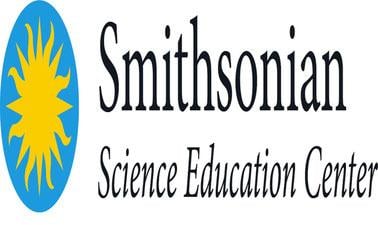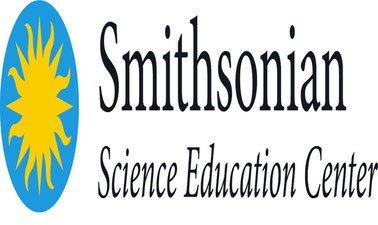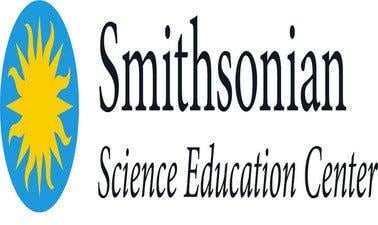Fired Up About Energy (edX)
Categories
Effort
Languages
Fired Up About Energy – explores common student misconceptions related to the study of energy and suggests methods for effectively representing and discussing the topic in the classroom. This online workshop: “Fired up about Energy ” is based on ideas presented in Good Thinking! an original animated series developed [...]
Self Paced




